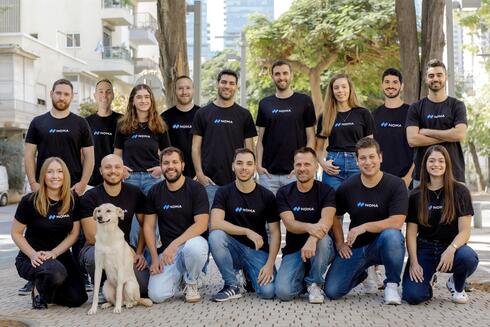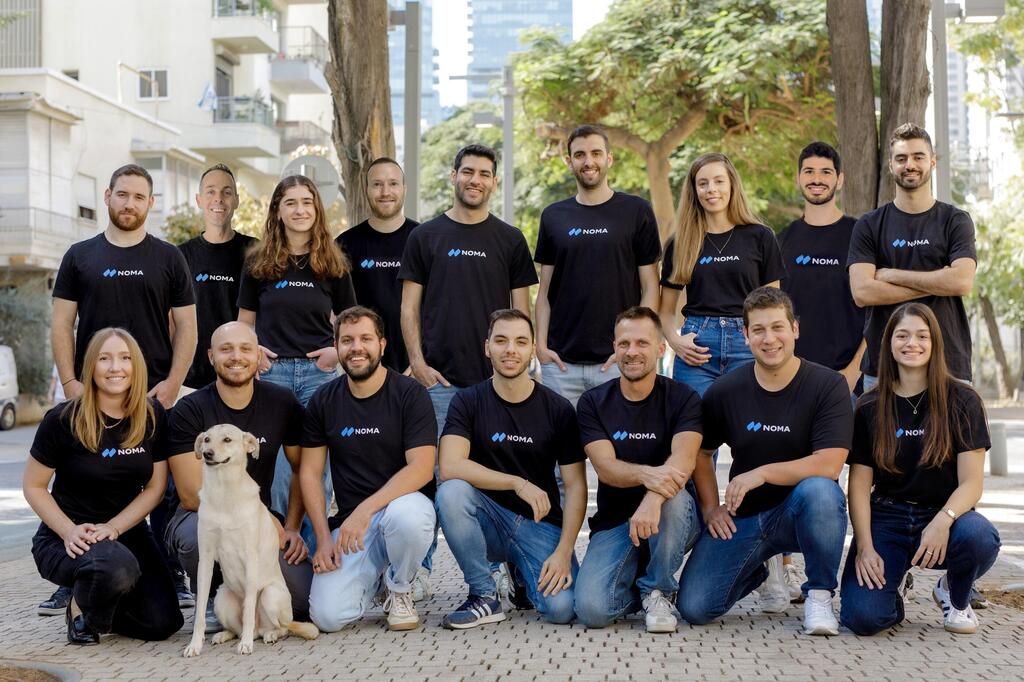
AI security platform Noma raises $25 million Series A
The Israeli startup's platform provides end-to-end AI discovery, security, protection, and compliance.
Noma, a company developing a platform for AI security, has raised $25 million in a Series A round led by Ballistic Ventures. This comes less than a year after a $7 million Seed round led by Glilot Capital Partners, with participation from Cyber Club London. The rounds attracted dozens of strategic angel investors, including current and former CISOs of McDonald's, Google DeepMind, Twitter, Atlassian, BNP Paribas, T-Mobile, and Nielsen.
Other notable investors include industry leaders like Zohar Alon, founder of Dome9 Security; Ofer Ben-Noon and Ohad Bobrov, founders of Talon Cyber Security; Guy Nizan, CEO of IntSights; Gal Ben-David, former CTO of IntSights; Ronen Zoran, former CRO of CyberArk; Varun Badhwar, who built and led Prisma Cloud; and Manoj Apte, former CSO of Zscaler.
Simultaneously, Noma is launching a security platform for application development that spans all stages of data and AI development, from initial stages to production. Noma’s platform provides end-to-end AI discovery, security, protection, and compliance. It protects against supply chain risks — like vulnerable data pipelines, unscanned code in data science environments, misconfigured MLOps tools, and sensitive data used for model training — as well as threats like vulnerable and malicious models, runtime prompt injection, and more.
Noma was founded in 2023 by CEO Niv Braun and CTO Alon Tron, who met in the IDF’s 8200 intelligence unit. The company has helped shape industry standards for AI security as members of the OWASP AI Exchange and has contributed to US government policy on AI security. Noma currently employs 20 people across offices in Israel and the U.S. and plans to double its workforce in the coming year.
“The Data & AI Lifecycle is significantly different from the software development lifecycle. It comes with a whole new supply chain, as well as unique open source components and runtime artifacts that traditional security tools don’t cover,” said Braun. “We’re already seeing organizations compromised by misconfigured data pipelines and MLOps tools and vulnerable and malicious open source models. It’s only a matter of time before we see AI’s equivalent of SolarWinds or Log4Shell. There’s an urgent need for a new security solution that holistically covers the Data & AI Lifecycle.”














